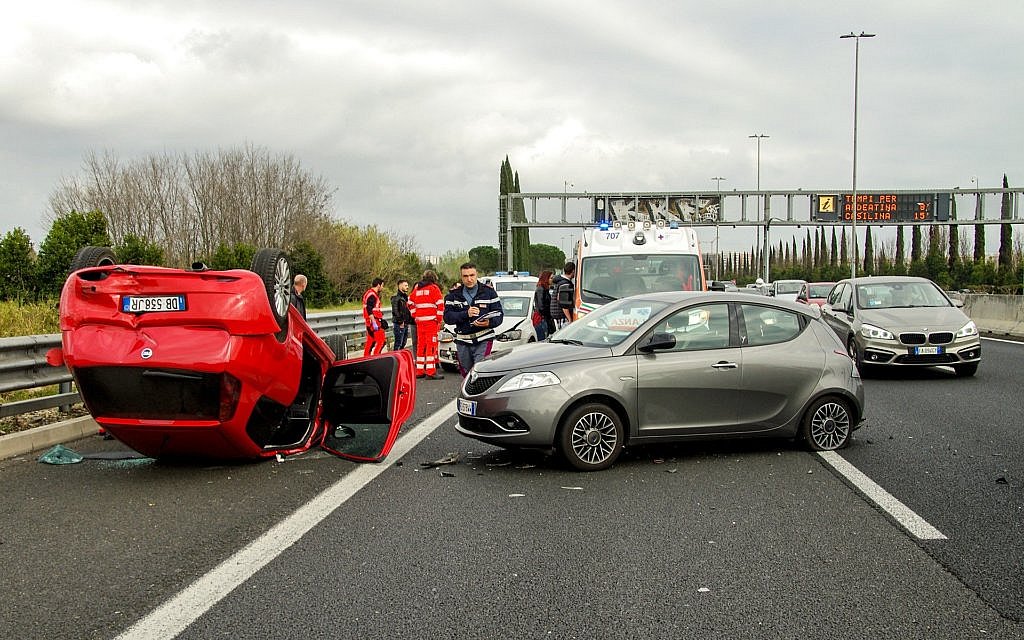
If you’ve got a Virginia car accident case, you may be wondering what questions the insurance company gets to ask and why. Many of our clients are surprised about how much information they are required to provide. Often, I hear, “James, why do they get to know that? It feels like I’m on trial!” The reality is that you are!
If you were being sued for a whole bunch of money, you’d expect the same.
By bringing a Virginia car accident claim, you are asking for a defendant (usually through his or her car insurance company) to pay large sums of money for your injuries, lost wages, pain & suffering, etc. But remember, the defendant (and their insurance company) has little idea who you are, what you’ve been through, or how your Virginia accident has affected your life. Under Virginia law, they have a right to question your claim.
Perhaps this isn’t convincing. But think of it this way – if someone was suing you for ten’s of thousands of dollars (or more), you’d want the right to evaluate and validate their claim. You’d also want the right to defend yourself. While it’s going to be an uncomfortable experience, you’d want the same rights.
To be clear, they will try to not pay you.
That said, the defense is asking for your information with a biased eye. Their goal is to investigate your claim to discredit, undermine and minimize what you’ve been through. Their goal is to pay you as little as possible. So, we don’t just hand over anything simply because they ask. Our goal (when we represent you) is to provide them the information they are entitled to, and that’s it.
So, James, what are they entitled to?
While this article won’t cover every piece of information the defendant has a right to, here’s what you should expect to be compelled to provide if you are pursuing a Virginia car accident claim:
- Your version of how the accident happened;
- Any photographs or video of the accident, property damage, and physical injuries;
- Your medical records and bills pertaining to the accident;
- Prior medical records (typically 3-5 years prior) to verify your pre-accident health;
- If you suffered a re-injury or exacerbation to an injury in this accident, they may have a right to records even further back in time;
- If your claiming lost wages, documentation and information corroborating lost wages. This typically includes at least 3 years of prior tax records and other documents confirming your lost wages, such as a calendar of missed days/hours, verification from your employer, etc.
- Whether you’ve been convicted of a felony or misdemeanor dealing with lying, cheating or stealing;
Now this list may seem invasive. And if you feel like you’re on trial, that’s because you are. Ultimately, if we are unable to settle your claim outside of court, you will be testifying in front of a jury. And they will have a right to request the documents and information, depose you, and use that information to cross-examine you at trial.
Shouldn’t I be freaking out?!
No. Just be honest with us. Look, if you’re telling the truth and you have legitimate injuries and damages, our recommendation at Abrenio Law is to be honest with your attorney. And the truth shall set you free. If there’s a bad fact about your case, let us know. Don’t minimize it. If you are just “worried about something,” simply talk to us.
We will help prepare the sharing of information with the defense. We will help prepare you to testify at deposition and trial. And we will help you tell your story.
Where we’ve seen clients stumble in the past is when they failed to be honest with us, and we (as their attorney) were unable to anticipate whatever issue they were concerned about.
Conclusion
Still have questions about your Virginia car accident claim? Make sure to visit our Car Accident Page where we’ve answered the most Frequently Asked Questions About Virginia car Accidents. And make sure to reach out to Abrenio Law for your FREE Consultation at Ph. 703-570-4180.
